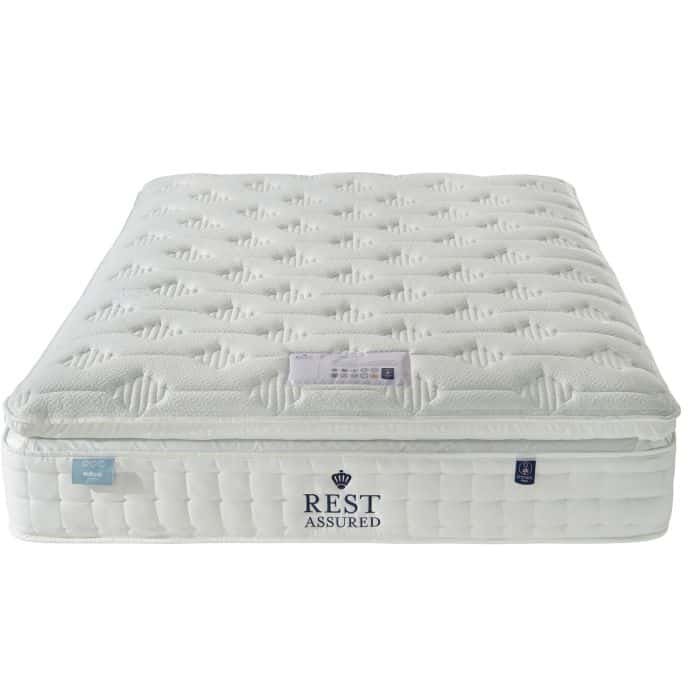Poor sleep and the link to Dementia
Dementia is a severe condition that affects millions of people worldwide.
What is Dementia
A progressive decline in mental abilities can lead to memory loss, difficulty communicating, and difficulty with daily activities. While there is currently no cure for dementia (what is dementia), research suggests that certain lifestyle factors, including sleep, can help reduce the risk of developing the condition. In this article, we will explore the connection between sleep and dementia, the benefits of sleep for reducing the risk of dementia, and tips for improving sleep and reducing the risk.
Understanding the Connection between Sleep and Dementia
Studies have shown that sleep is essential for maintaining good brain health, and disruptions to the sleep-wake cycle can increase the risk of developing dementia. Inadequate sleep can affect the brain’s ability to clear toxins, leading to the build-up of amyloid plaques associated with Alzheimer’s disease and other forms of dementia. On the other hand, good quality sleep can help the brain clear these toxins, reducing the risk of developing dementia.
The Benefits of Sleep for Reducing the Risk of Dementia
Quality sleep has a variety of benefits for reducing the risk of dementia, including:
- Improved Cognitive Function: Sleep helps the brain process information and consolidate memories, leading to improved cognitive function and reduced risk of dementia.
- Better Physical Health: Sleep helps the body restore and repair, leading to better physical health and reduced risk of dementia.
- Reduced Stress: Sleep is essential for reducing stress, which has been linked to a higher risk of developing dementia.
5 Tips for Improving Sleep and Reducing the Risk of Dementia
To reduce the risk of dementia and improve sleep, consider the following tips:
1. Establishing a Consistent Sleep Schedule: Try to go to bed and wake up at the same time every day, even on weekends. This helps regulate the body’s internal clock and improves sleep quality.
2. Creating a Sleep-Conducive Environment: Create a sleep environment that is quiet, dark, and cool. This helps promote deep sleep and reduce the risk of dementia.
3. The Importance of a Comfortable and Supportive Mattress: Invest in a comfortable and supportive mattress. A good mattress can help reduce stress and improve sleep quality, reducing the risk of dementia.
4. The Role of Good Sleep Hygiene: Practice good sleep hygiene by avoiding caffeine and electronics before bed and engaging in relaxing activities before bedtime.
5. Sleeping Positions: Sleeping on your back is the best position for reducing the risk of dementia, as it helps maintain a clear airway and reduce sleep apnea risk.

In conclusion, sleep is essential for reducing the risk of dementia and promoting good brain health. Establishing a consistent sleep schedule, creating a sleep-conducive environment, practising good sleep hygiene, and sleeping in the correct position can reduce the risk of dementia and improve sleep quality.
Additionally, a comfortable and supportive mattress can help reduce the risk of dementia and improve sleep quality. At Mattress Research, we offer information on the best mattresses, beds, pillows, and accessories to help you get a good night’s sleep and reduce the risk of dementia. Visit our website today and start your journey to better sleep and a healthier brain.



